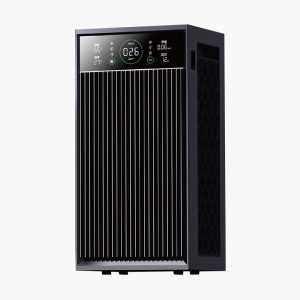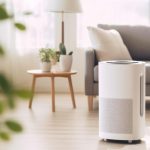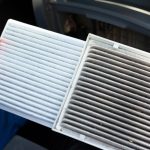Sleep apnea is a serious condition that affects millions of people worldwide, causing interrupted breathing during sleep and leading to poor sleep quality and other health issues. Two common solutions for managing sleep apnea are air purifiers and CPAP (Continuous Positive Airway Pressure) machines. This article will compare these two options to help you decide which is better for managing sleep apnea.
Understanding Sleep Apnea
Before diving into the comparison, it’s important to understand what sleep apnea is and how it affects individuals. Sleep apnea is characterized by repeated pauses in breathing during sleep. These pauses can last from a few seconds to a minute and can occur 30 times or more an hour. The most common type, obstructive sleep apnea (OSA), happens when the muscles in the throat relax excessively during sleep, blocking the airway.
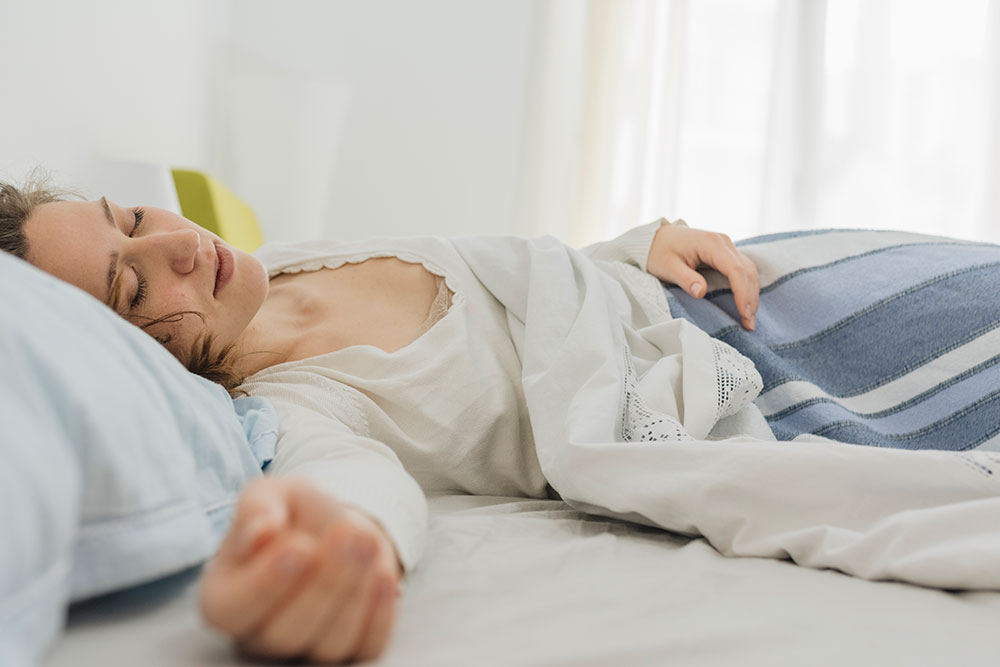
The Role of CPAP Machines in Managing Sleep Apnea
What is a CPAP Machine?
A CPAP machine is a device designed specifically to treat sleep apnea. It delivers a continuous stream of air through a mask, keeping the airway open and preventing the pauses in breathing that characterize sleep apnea. This consistent air pressure helps maintain steady breathing and improves sleep quality.
Benefits of CPAP Machines:
- Effectiveness: CPAP machines are considered the gold standard for treating obstructive sleep apnea. They have a high success rate in preventing apnea episodes.
- Improved Sleep Quality: By ensuring continuous breathing, CPAP machines enhance overall sleep quality, reducing daytime sleepiness and improving focus and mood.
- Long-Term Health Benefits: Regular use of CPAP machines can reduce the risk of complications associated with sleep apnea, such as high blood pressure, heart disease, and stroke.
Drawbacks of CPAP Machines:
- Discomfort: Some users find the mask uncomfortable or cumbersome, leading to inconsistent use.
- Noise: While many modern CPAP machines are relatively quiet, some users may still find the noise disruptive.
- Maintenance: CPAP machines require regular cleaning and maintenance to ensure they function properly and remain hygienic.
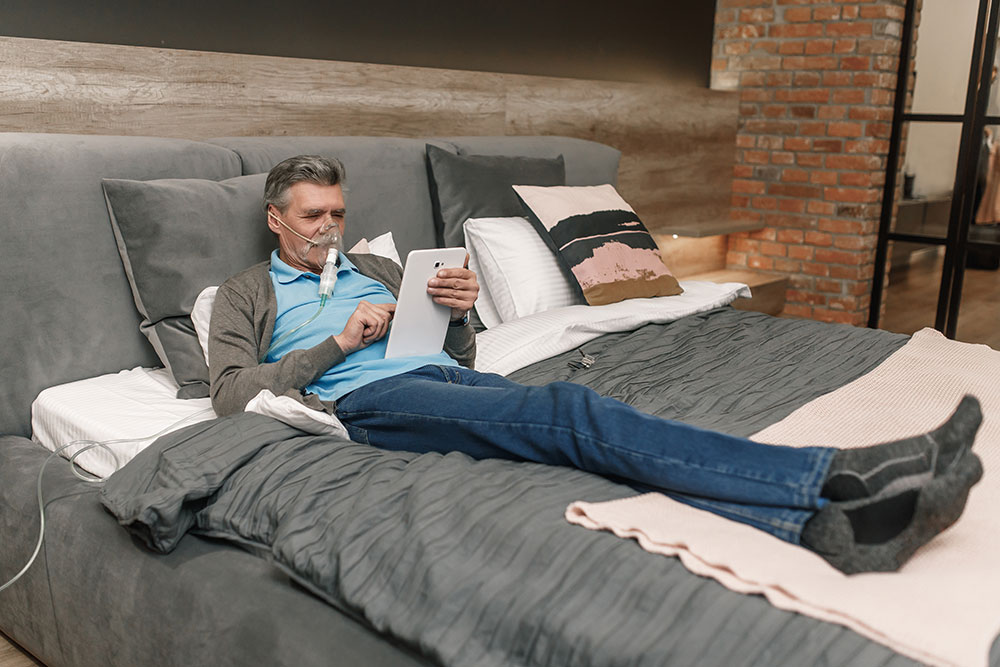
The Role of Air Purifiers in Managing Sleep Apnea
What is an Air Purifier?
An air purifier is a device that removes contaminants from the air in a room. It uses filters to capture particles such as dust, pollen, pet dander, and smoke, improving indoor air quality.
Benefits of Air Purifiers:
- Improved Air Quality: By removing airborne irritants, air purifiers can create a cleaner breathing environment, which may help reduce respiratory issues.
- Reduced Allergens: Air purifiers can be particularly beneficial for individuals with allergies or asthma, as they reduce the presence of allergens that can exacerbate these conditions.
- Enhanced Sleep Environment: A cleaner air environment can lead to better overall sleep quality by reducing irritants that might cause congestion or respiratory discomfort.
Drawbacks of Air Purifiers:
- Indirect Effect: While air purifiers improve air quality, they do not directly treat sleep apnea. They may help reduce symptoms caused by allergens or pollutants but do not address the primary cause of apnea episodes.
- Cost: High-quality air purifiers can be expensive, and they require regular filter replacements, which can add to the ongoing costs.
- Noise: Some air purifiers can be noisy, potentially disrupting sleep rather than improving it.
Comparing CPAP Machines and Air Purifiers
When deciding between a CPAP machine and an air purifier for managing sleep apnea, it’s important to consider the primary function of each device.
CPAP Machines:
- Function: Directly treats obstructive sleep apnea by maintaining open airways.
- Effectiveness: High success rate in preventing apnea episodes.
- Usage: Requires wearing a mask during sleep.
Air Purifiers:
- Function: Improves air quality by removing airborne particles.
- Effectiveness: Indirectly benefits sleep apnea sufferers by reducing respiratory irritants.
- Usage: Operates continuously to maintain clean air in the sleeping environment.
Which is Better for Sleep Apnea?
For individuals diagnosed with obstructive sleep apnea, a CPAP machine is generally the better option as it directly addresses the root cause of the condition by ensuring continuous airway pressure. However, incorporating an air purifier can complement the use of a CPAP machine by creating a cleaner sleep environment, potentially reducing irritants that could worsen breathing difficulties.
For those with mild respiratory issues or allergies that contribute to sleep disturbances but not necessarily sleep apnea, an air purifier may provide significant relief and improve sleep quality.
Conclusion
In summary, CPAP machines are the primary treatment for managing obstructive sleep apnea due to their direct impact on maintaining open airways and preventing apnea episodes. Air purifiers, while not a treatment for sleep apnea, can enhance overall sleep quality by improving indoor air quality and reducing respiratory irritants. For optimal results, individuals with sleep apnea may benefit from using both devices in tandem, ensuring both effective treatment of their condition and a cleaner, healthier sleep environment.
For more information on air purifiers, check out our Home Air Purifier page. If you’re considering purchasing an air purifier, feel free to get a quote from us today.
